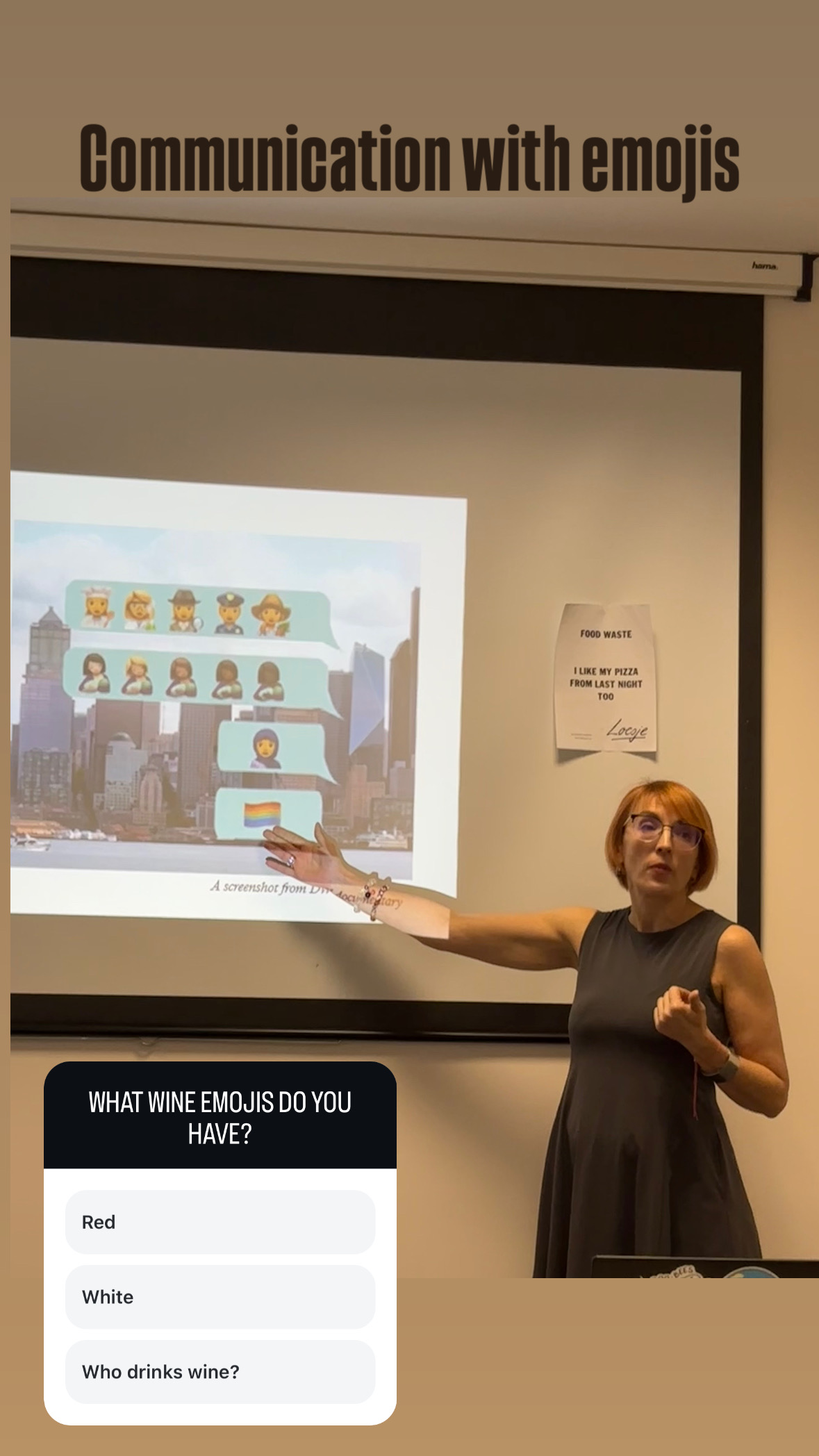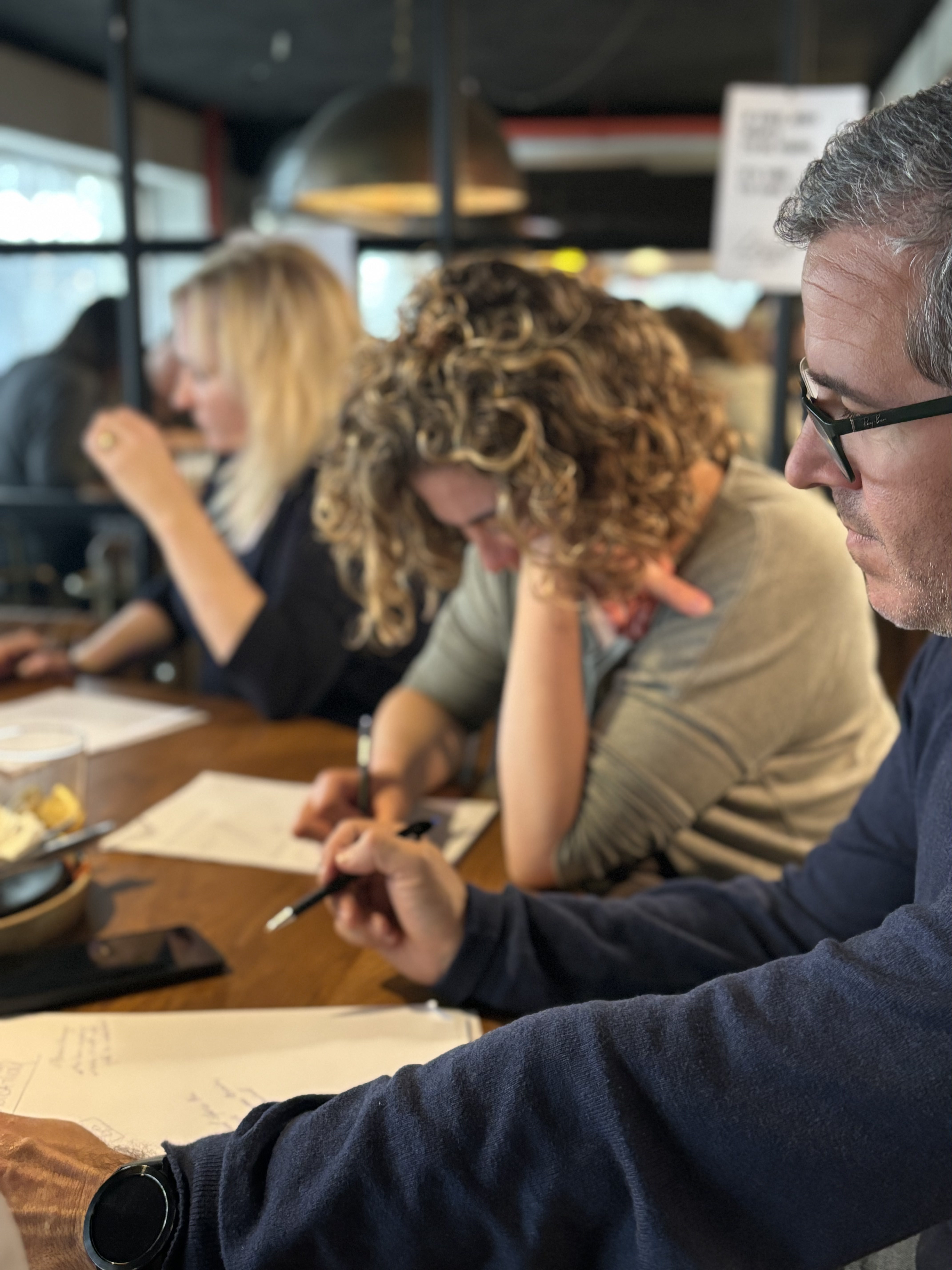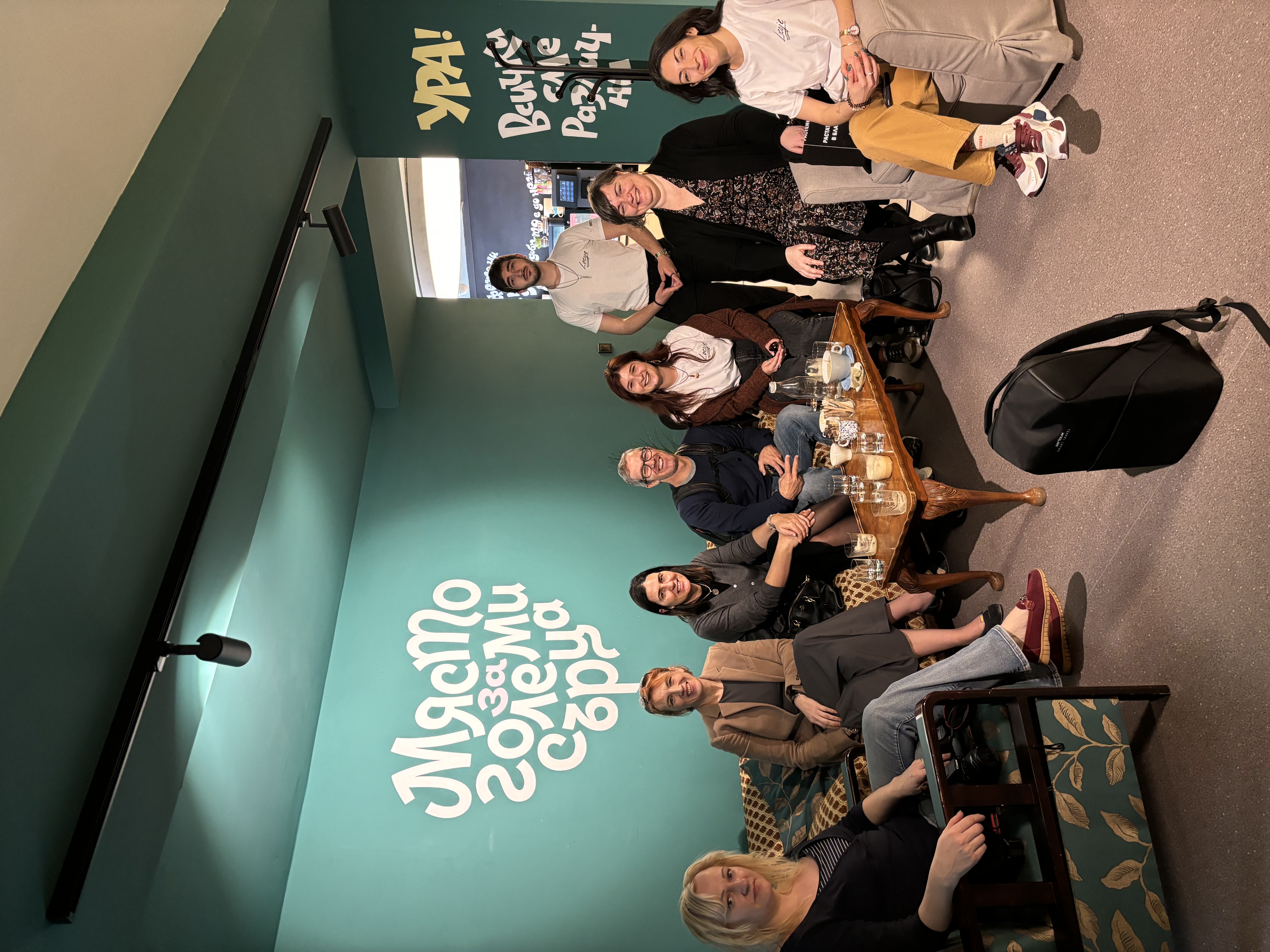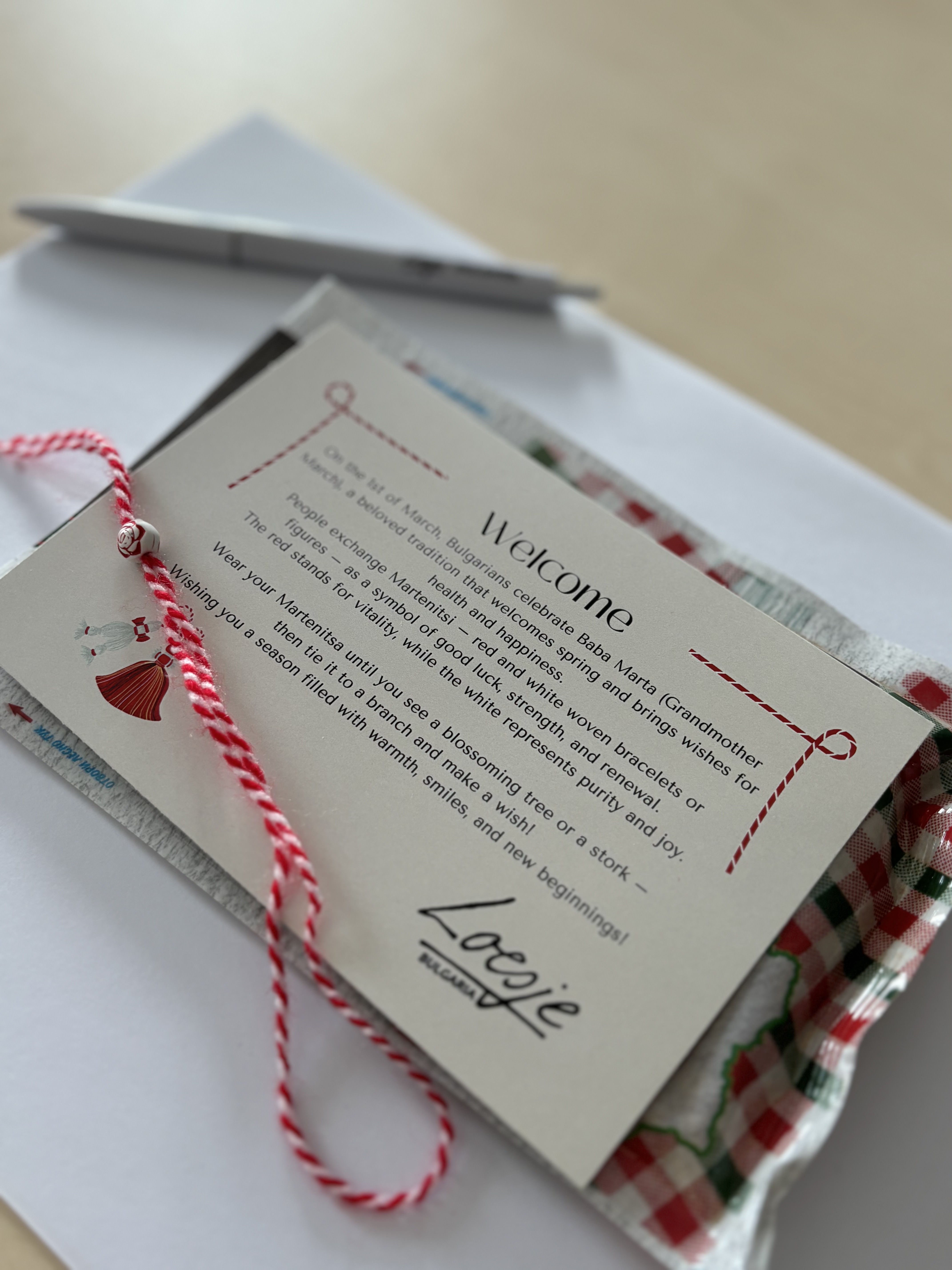We hosted LTTA on Transgenerational Communication
Day 1:
We began with a communication strategy session, where we looked at the essential components of creating impactful messaging, such as determining our target audience, establishing precise objectives, and selecting the appropriate channels and tone.
We also looked at the content of a methodology and a Practical Training Guide we are developing, which focuses on reducing food waste and encouraging greener shopping habits.
Next, we tackled the topic of intergenerational communication. Through interactive discussions and activities, we explored how different generations perceive and express ideas, and how we can bridge these gaps to create inclusive, engaging dialogue.
The day finished with a fun and interesting workshop about emojis, which looked at their past and how they've become a universal way to express yourself online. We reflected on how emojis can both enrich and complicate our messages and how to use them creatively and responsibly.

Day 2:
The first thing we did on the second day was a Loesje creative writing workshop. We started with some fun warm-ups to get rid of stress and get our creative minds working. Once the mood was set, we started putting our own thoughts into lines that could become Loesje posters in the future. People soon started to laugh, talk, and that certain spark that happens when thoughts become words filled the room.

Day 3:
On the third working day, we visited Shtrak, a special community center in Sofia. It combines a café, an event space, and a shop that sells products made by Bulgarian social enterprises. Shtrak helps local artists and creators share their work while also supporting important causes, like helping single mothers, young people from care homes, and people with mental health challenges.
In the afternoon, we had an online collaboration with Foodobox, Bulgaria’s first mobile app focused on battling food waste. Foodobox connects users with nearby restaurants and shops to buy extra food at lower prices. This helps cut down on food waste and supports sustainability, it also helps both sides by giving businesses and customers a good deal




